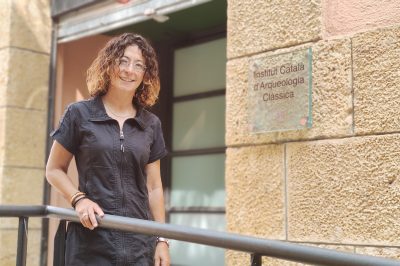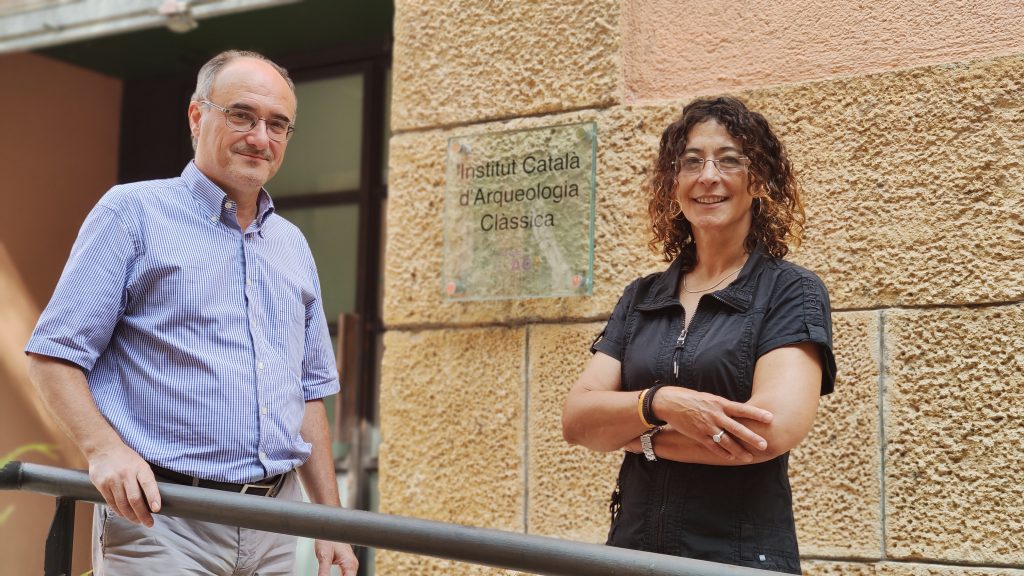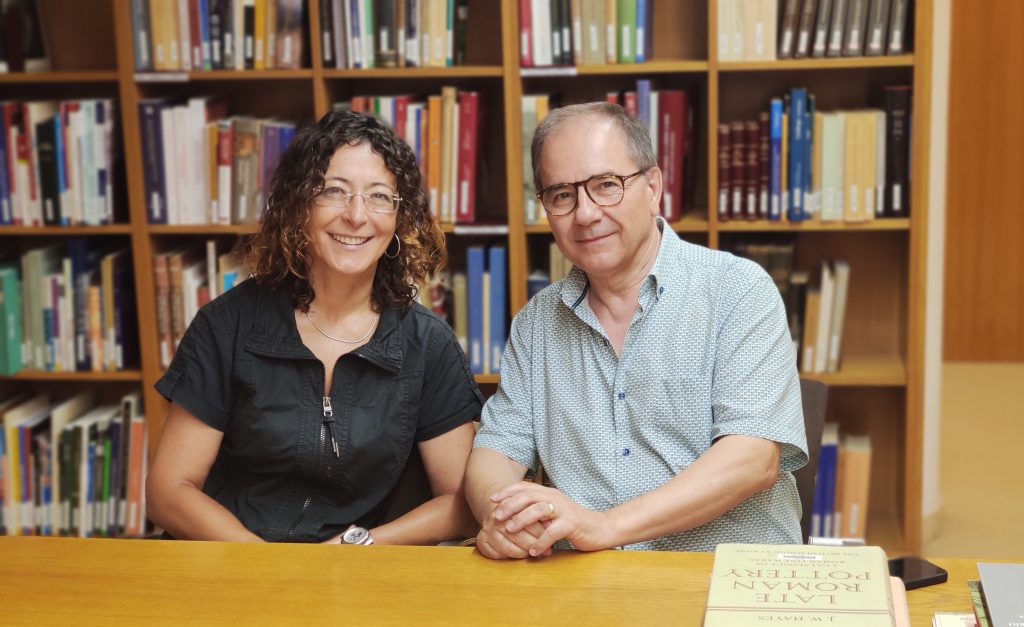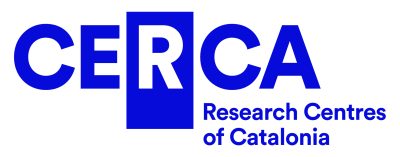
On the occasion of her appointment as the new administrator of the Catalan Institute of Classical Archaeology (ICAC), we had the opportunity to talk to Maria Gradillas about her professional background and her plans for the Institute.
Maria Gradillas holds a PhD in Sociology from the University of Barcelona and a Bachelor’s degree in Political Science and Sociology from the Complutense University of Madrid. She has extensive experience in budgetary and accounting management and administration. She is known for her good teamwork skills, dynamism, and ability to adapt to diverse environments.
Recently, she has been in charge of the management and administration of the CarNet project, a think tank focused on urban mobility and transportation based in Barcelona and developed within the Foundation of the Polytechnic University of Catalonia, UPC.
It is also worth highlighting her experience with the Nexe Foundation, a non-profit organization that works to improve the quality of life for children with multiple disabilities and their families, and with the Aspanias Barcelona Association, which provides support to people with intellectual disabilities or developmental disorders and their families.
In what areas have you developed your professional career?
Gradillas: I come from the world of international cooperation, where I worked for about twelve or fifteen years. Then I dedicated myself to social and territorial development, living in Madrid for fifteen years and then working in territorial development in Salamanca, in rural areas. For the past twelve years, I have been working in Barcelona in the management of non-profits, always in the social field, which is where I feel most comfortable and connected to my values.
What caught your attention about the ICAC and what motivated you to make the change?
For me, trust and transparency are fundamental in any management task.
Gradillas: What caught my attention about the ICAC is especially the relationship with the world of archaeological remains and heritage. Although my field is more focused on management, I consider it very important to be in tune with the purpose of the organizations I work for. I like the fact that the institution has a clear mission and values that I can identify with. In the case of the ICAC, archaeology and cultural heritage are topics that I am passionate about.
I have spent many years working outside of Catalonia, and when I have been in Barcelona, I have been more involved in the field of intellectual disabilities. However, I am familiar with the management of organizations similar to the ICAC, and I am confident that I can adapt quickly.

In your first days at the ICAC, what is your initial assessment?
Gradillas: I am very impressed with the ICAC staff. You are a team of well-trained and highly motivated professionals. This motivation is key to achieving good results, and I am happy to be able to work with all of you.
What are the basic principles that you want to focus on as the administrator of the ICAC?
Gradillas: For me, trust and transparency are fundamental in any management task. I believe that these two aspects should be the pillars of any organization. Trust in each other’s professionalism and in the work well done is essential. Additionally, I consider it important that everything is clear, and that everyone has the confidence to ask questions and better understand any aspect of the task.
Do you have any short-term plans in mind?
Gradillas: In these first few days, my goal is to learn. Learn from the outgoing administrator of the ICAC, Jordi Peiret, who is a great professional with many years of experience. His work has been excellent, and I know that reaching his level will be a challenge. Therefore, in these early times, I will focus on learning from his knowledge and experience.
How would you define your management style?
Gradillas: My management style is very collaborative. I have always worked in teams and relied on my colleagues. I believe that working collaboratively and fostering teamwork is key to achieving the best results. One individual alone cannot do it all.

The interview concluded with the confirmation that Maria Gradillas officially joined the ICAC at the beginning of July. Jordi Peiret leaves his position as the administrator of the ICAC after more than twenty years of public service and being the Institute administrator since the center’s inception.
We are excited to see how Gradillas will carry out her role as the new administrator of the Institute and how she will bring her experience in managing social organizations to the world of archaeology and cultural heritage. Welcome!
The Catalan Institute of Classical Archaeology (ICAC) is a CERCA center created as a consortium in 2003 by the Government of Catalonia and the Rovira i Virgili University. It is based in Tarragona, a city recognized as a UNESCO World Heritage Site in 2000, and specializes in advanced research and training in classical archaeology. We are CERCA!






